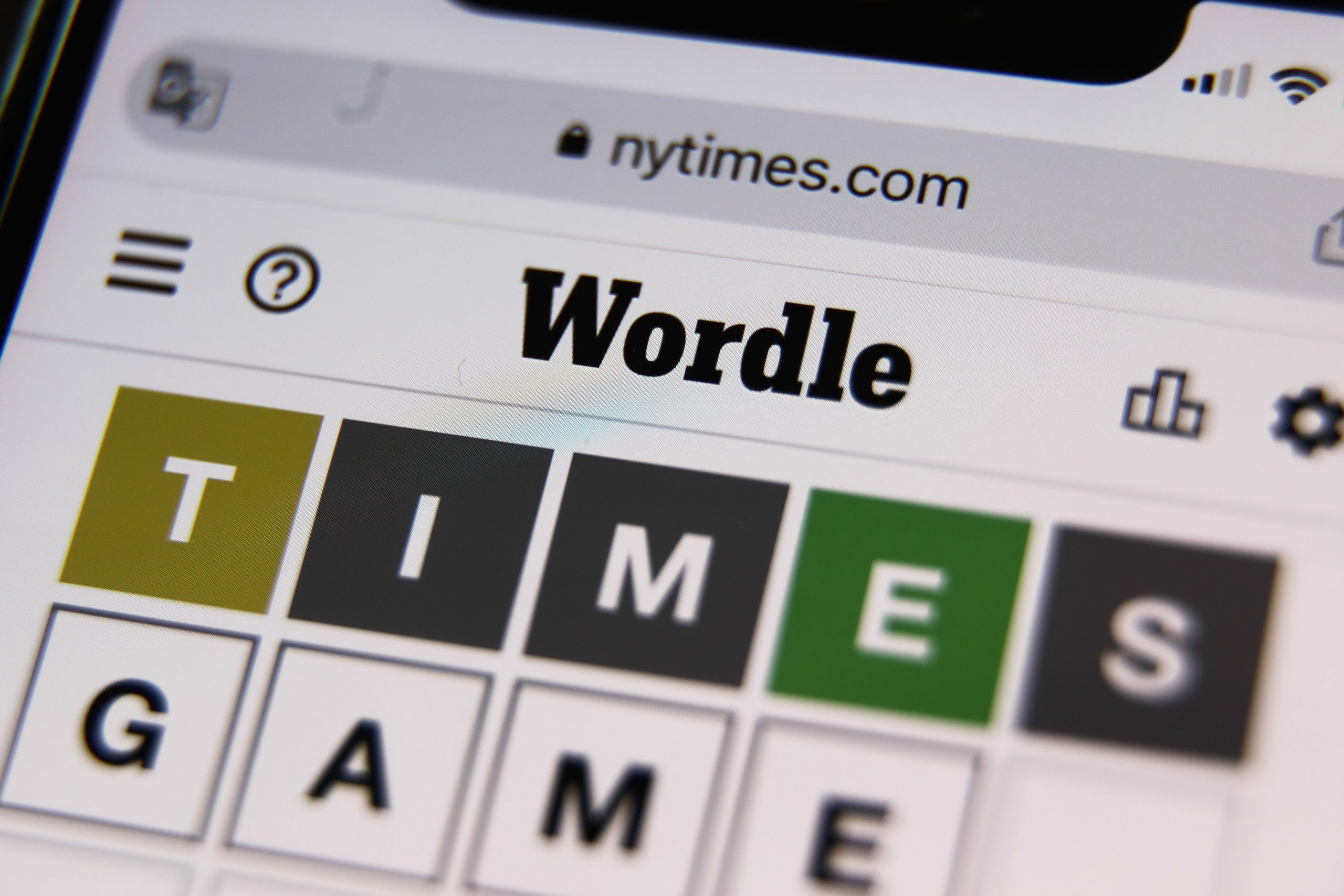Wordle’s Rise to Fame and NYT Acquisition

Wordle, a simple word-guessing game, took the world by storm in late 2021, becoming a global phenomenon. Its popularity skyrocketed, captivating millions of players worldwide. The New York Times, recognizing Wordle’s immense appeal, acquired the game in January 2022, marking a significant turning point in its journey. This section delves into the factors behind Wordle’s remarkable success and examines the strategic implications of its acquisition by the Times.
Wordle’s Viral Success
Wordle’s rapid rise to fame can be attributed to several factors.
- Simplicity and Accessibility: Wordle’s core gameplay is incredibly straightforward, requiring players to guess a five-letter word within six attempts. Its simplicity made it accessible to a wide audience, regardless of age or language proficiency.
- Daily Challenge: The game’s daily format, with a new word released each day, created a sense of anticipation and routine. Players eagerly looked forward to their daily Wordle fix, making it a consistent part of their day.
- Social Sharing: Wordle’s unique design encouraged players to share their results on social media, often in the form of colored squares representing their guesses. This social aspect fostered a sense of community and competition, further fueling its popularity.
- Wordplay and Challenge: Wordle tapped into the universal appeal of wordplay and the human desire for a mental challenge. The game provided a fun and engaging way to test vocabulary and problem-solving skills.
The New York Times Acquisition
The New York Times’ acquisition of Wordle was a strategic move aimed at capitalizing on the game’s popularity and expanding its digital audience.
- Expanding Digital Reach: Wordle’s massive user base provided the Times with an opportunity to reach a wider audience, particularly younger demographics. The acquisition allowed the Times to tap into a new segment of potential subscribers and readers.
- Engaging Content: Wordle’s daily format and its ability to generate social engagement aligned well with the Times’ efforts to create engaging and interactive content for its readers.
- Subscription Growth: The Times hoped to leverage Wordle’s popularity to drive subscriptions to its online platform. The acquisition allowed the Times to offer Wordle as a value-added benefit to its subscribers.
Potential Impact of the Acquisition
The acquisition of Wordle by The New York Times has the potential to significantly impact the game’s future.
- Increased Visibility and Reach: The Times’ vast resources and platform will likely enhance Wordle’s visibility and reach, potentially attracting an even larger audience.
- Potential Monetization: The Times may explore ways to monetize Wordle, possibly through advertising or premium features. However, the Times has stated its commitment to keeping the game free to play.
- Integration with NYT Platforms: Wordle could be integrated with other Times products and services, such as its online games platform or its daily newsletter.
Wordle’s Cultural Impact and Influence: Nyt Wordle

Wordle, the simple yet captivating word game, has transcended its digital origins to become a cultural phenomenon, influencing various aspects of society and igniting conversations worldwide. From its humble beginnings as a personal project to its global popularity, Wordle has sparked a wave of cultural impact that continues to resonate.
Wordle as a Shared Experience
Wordle’s simplicity and accessibility have fostered a sense of shared experience, uniting people across generations, cultures, and geographic boundaries. The daily ritual of playing Wordle has become a common conversation starter, with people eagerly discussing their scores, strategies, and even the elusive “green” squares that signify a correct letter in the right position. This shared experience has transcended language barriers, with Wordle being played and enjoyed by people from diverse backgrounds. The game’s social aspect has extended beyond individual play, with friends, families, and colleagues engaging in friendly competition and sharing their Wordle experiences online. This has created a sense of community and connection, fostering a sense of shared joy and camaraderie.
Wordle’s Impact on Literacy and Vocabulary
Beyond its entertainment value, Wordle has also contributed to promoting literacy and vocabulary building. The game encourages players to think critically about words, their meanings, and their relationships with other words. By challenging players to guess a five-letter word within six attempts, Wordle implicitly encourages them to expand their vocabulary and develop their linguistic skills. The game’s popularity has also led to increased interest in word games and puzzles, with people seeking out other opportunities to enhance their vocabulary and language skills. This has been particularly evident in the rise of other word games inspired by Wordle, such as Quordle and Octordle, which offer more challenging variations on the original concept.
Wordle’s Influence on Digital Entertainment, Nyt wordle
Wordle’s success has sparked a wave of similar word games and digital entertainment, demonstrating its influence on the landscape of online entertainment. The game’s simplicity, addictiveness, and social aspect have inspired developers to create variations and spin-offs, catering to different interests and skill levels. This has led to the emergence of a new genre of word-based games, with developers focusing on innovative gameplay mechanics and engaging user interfaces. Wordle’s influence extends beyond word games, with other digital entertainment platforms incorporating word-based elements and challenges, further demonstrating its impact on the evolving landscape of online entertainment.
